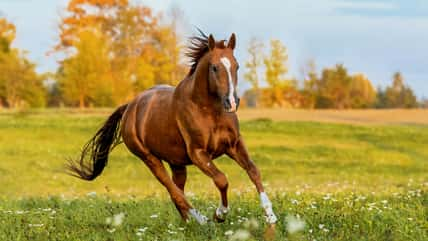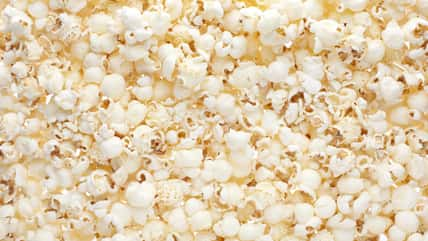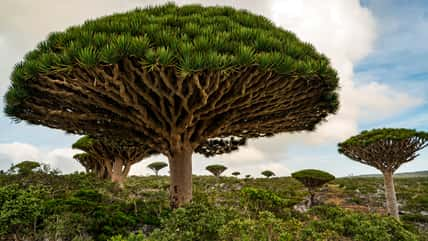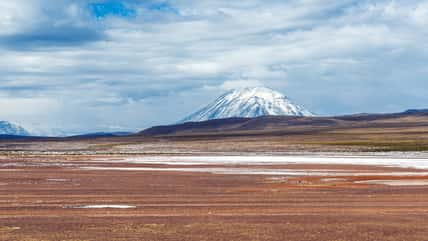Astronauts Are Going To Attempt To Grow Mushrooms In Space, As It Could Be A Sustainable Food Source

By the 2030s, NASA is hoping to send humans to Mars, while SpaceX’s Elon Musk is aiming for as early as 2029.
Technological advances are a necessity in order to put a human on Mars, but so is developing sustainable food sources in space.
Astronauts must be fed somehow, and eating thermostabilized, dehydrated food for years just isn’t going to cut it.
An Australian company named FOODiQ Global is attempting to be the first to grow mushrooms in microgravity. FOODiQ’s mushroom experiment will be launched into space with four astronauts on SpaceX’s Fram2 mission.
The Fram2 mission is being led by Maltese entrepreneur Chun Wang. The other crew members are Jannicke Mikkelsen of Norway, Eric Philips of Australia, and Rabea Rogge of Germany.
Fram2 will be the first crewed mission to orbit over the polar regions of the Earth. Meanwhile, the mushroom experiment will also be the first study to cultivate mushrooms in space.
“Oyster mushrooms are the perfect space crop, helping astronauts meet their nutritional needs on long-duration space missions like those to Mars, while closing the loop in plant agriculture and helping to minimize inputs and waste,” read a Fram2 statement.
The experiment consists of a small box of substrate and mycelium that will hopefully fruit into oyster mushrooms while in space. Eric Philips, an Australian polar explorer, is the crew member in charge of checking on the experiment.
“I will monitor how the fruiting bodies grow, documenting development rate, signs of contamination, and various other properties,” Philips said.
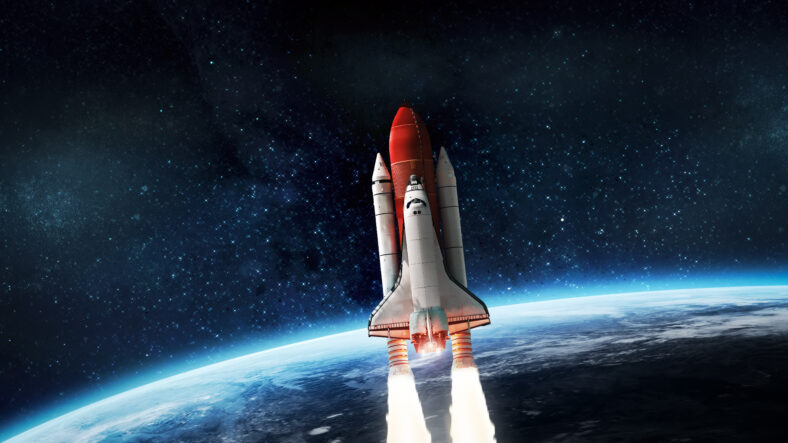
Sign up for Chip Chick’s newsletter and get stories like this delivered to your inbox.
“This is an exciting opportunity to push the boundaries and play a role in creating sustainable food solutions for space—something I never imagined I would explore.”
The Fram2 crew’s mission will take between three and five days. In that time, they will carry out 22 science experiments from eight countries.
The experiments include testing blood flow restriction, bone health, brain activity, glucose regulation, radiation exposure, sleep hygiene, space motion sickness, exercise, and women’s health.
It is hoped that the mushroom project, in particular, will be successful because it will revolutionize space food production for future missions.
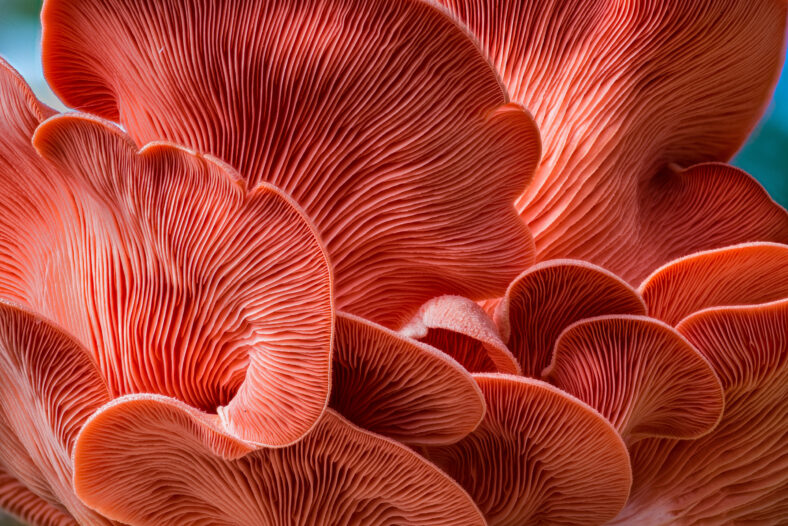
Once the crew returns to Earth, any mushroom growth will be analyzed in a lab. The fungi will be compared to control mushroom kits in Florida.
The mushrooms are considered the “perfect space crop” because they grow quickly and do not require much water.
In addition, they are highly nutritious, containing vitamin D, potassium, selenium, and copper. They can also be eaten raw, which is important because scientists have not yet figured out how to process food in space.
Mushrooms have implications beyond being a food source. Currently, NASA is researching the use of mushrooms as architectural material to potentially grow habitats for humans in space.
More About:News

